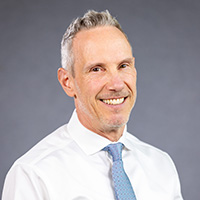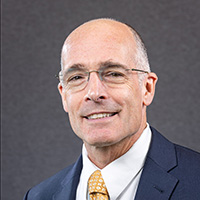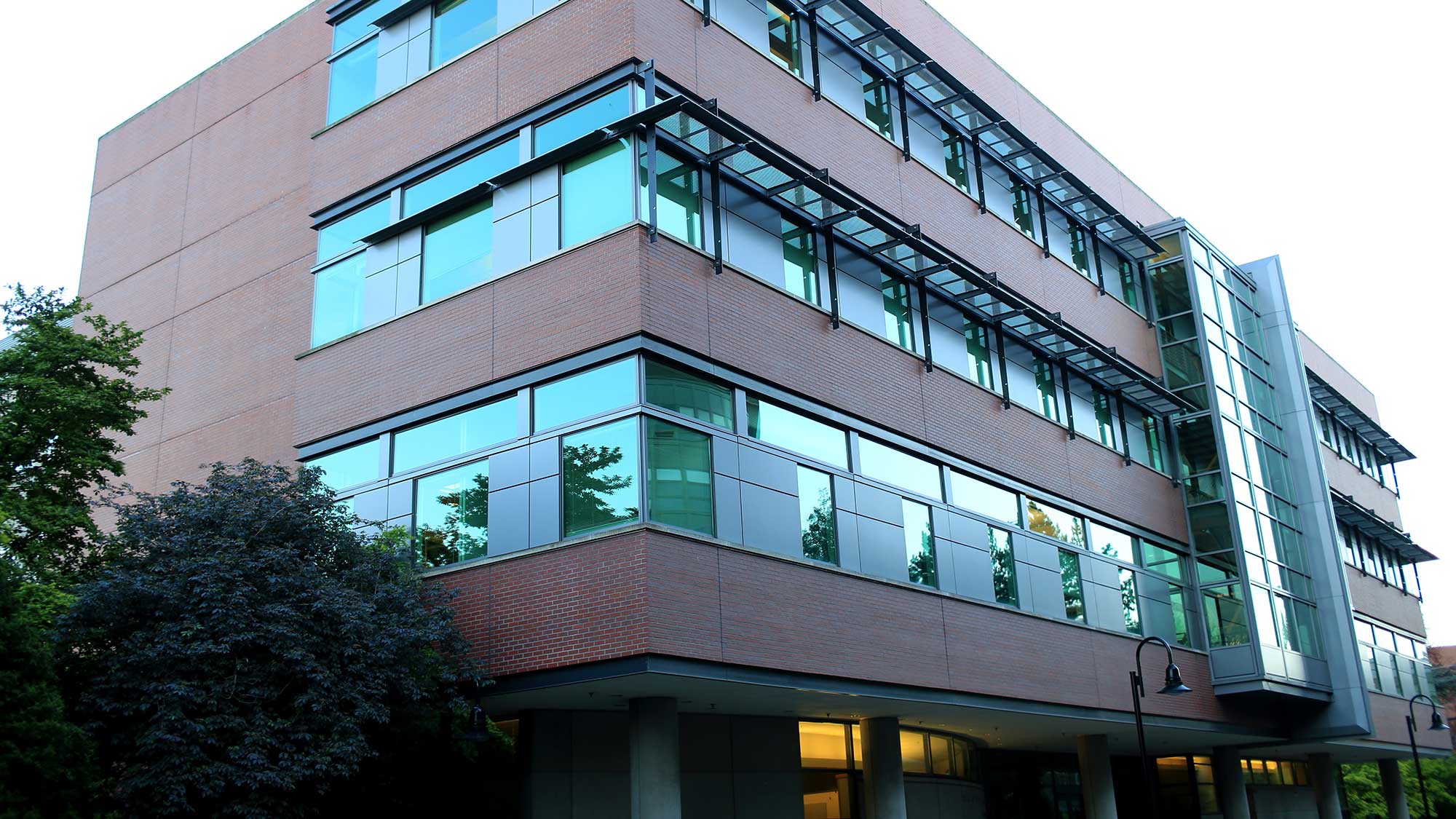Two Seattle University School of Law faculty members have been chosen by AccessLex Institute, a national nonprofit committed to helping students succeed in law school and on the bar exam, to write a series of modules based on evidence law to help prepare students across the nation for the NextGen Bar Exam.

Professor Jeffrey Minneti, an assistant dean who has led the Academic Excellence and Bar Success Team since 2015, teaches in the areas of criminal law and trusts and estates, incorporating the academic mindsets and skills needed for success on the bar exam into his classes.

Professor Paul Holland, assistant dean for Experiential Learning, has taught the concepts of evidence law to hundreds of students throughout his 30-year career, teaching the Evidence course since 2018 and developing it into a remote class for the hybrid-online Flex JD Program.
“Jeff and Paul are nationally recognized leaders in academic support and bar success whose expertise will be critical to shaping the bar exam into a next-generation assessment that more accurately replicates the practice of law,” said Dean Anthony E. Varona.
The new exam will be administered in Washington state beginning in July of 2026. By 2028, all states must adopt the NextGen Exam or an alternative, as the current exam will no longer be administered.
The transition to the NextGen Exam is intended to create an assessment that more closely resembles the actual work new lawyers will engage in.
“The biggest distinction between the two is that the old exam is a traditional, high-stakes, content-oriented exam that requires the test-takers to memorize 12 topics covered in law school,” Minneti explained. “The new exam is focused on practice. It decreases the cognitive load of memorization and allows the test-takers to focus on demonstrating the skills that are required.”
These questions, he said, are written from a client-centered perspective, whereas before, the questions were more removed from the case at hand. Test-takers will need to be proficient in eight topics instead of 12.
“The multiple-choice questions will put examinees in the role of an attorney offering legal advice and analysis, much closer to the kind of practice lawyers actually engage in, rather than relying so heavily on memorization,” Minneti said. “There are still things students will have to memorize, but there will also be questions focused on the examinees’ ability to read a new statute or rule and apply it to a case based on the general principles and study of law. In practice, no attorney simply memorizes the law.”
In addition to questions of relevancy, there are also concerns that the test is discriminatory.
“The multiple-choice question bank was created back in the 1970s,” Minneti said. “By and large, the examinee cohort was white males, so the vast majority of questions were validated by a cohort of individuals who don’t look a lot like current examinees. It’s not a thorough analysis.”
Meralina Morales ’24, who passed the bar exam in July, observed that as a Latina woman, she found the wording of certain questions to be discriminatory.
“Some criminal law questions will reference things where it’s really hard not to put your bias as a person of color into the question,” she said, giving as an example questions surrounding what police are and are not allowed to do.
The modules that Minneti and Holland are creating center on evidence, with integrated question sets about a client scenario involving a car accident. Students will examine evidence provided by witnesses, such as statements to police, and will “draw from the documents facts of legal significance and think about the evidence as a lawyer would,” Minneti said.
In addition to teaching and assessing the evidence law concepts being tested, the modules will also prepare students and faculty for the new types of questions that will appear on the NextGen Bar Exam.
This coming spring, the modules will be used in evidence classes. After Minneti and Holland evaluate the modules’ effectiveness and adjust as needed, they will be shared with law faculty around the country by June of 2025.
“The modules will be adaptable so any professor can access a module and tweak it so it’s useful for their class,” Minneti said. “They are designed to be very flexible, very adaptable.”
Minneti and Holland are not the only Seattle U Law professors leading bar exam reforms. Professor Zaida Rivera was recently selected to chair the statewide committee to implement new pathways to bar licensure ordered by the Washington Supreme Court, which include completing certain experiential learning benchmarks in lieu of the exam.
“Both of these initiatives are trying to make bar licensure more just and eliminate its unfairness and inequity in innovative ways,” Varona said.

